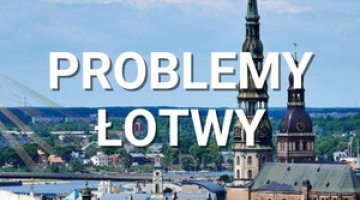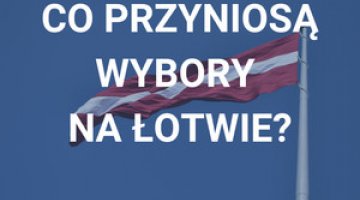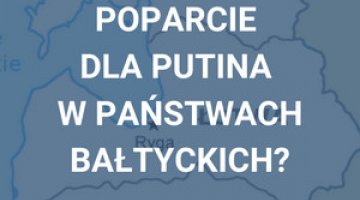Latvia: Harmony Centre is an unwelcome coalition partner
The centre-right Unity party, which won the parliamentary elections in Latvia, invited the Harmony Centre, a party supported by the Russian-speaking minority (approximately 35% of the population) to talk on the formation of a new government coalition. However, Unity, led by Prime Minister Valdis Dombrovskis, in fact presented conditions of co-operation which Harmony Centre may not accept – first of all admitting the existence of the Soviet occupation of Latvia and confirmation of the status of Latvian as the only official language in the country. Harmony Centre may not agree to such conditions because this would result in it suffering a loss of electorate.
Unity’s victory in the October elections to the Saeima has enabled this party, led by the incumbent Prime Minister Valdis Dombrovskis, to take over the initiative in forming a new coalition. The natural political partners for this party are the members of the present government coalition led by Dombrovskis, the centrist Union of Greens and Farmers, and the radical right All for Latvia/For Fatherland and Freedom. In turn, the invitation of Harmony Centre to negotiations on the building of a new government has to be seen first of all as a response to admitting ethnic Russians to the co-governing of the country, which is expected by the Russian-speaking residents of Latvia. The unacceptable conditions for starting coalition talks Unity set to Harmony Centre prove that for some Latvian politicians co-government with Russians is still a controversial issue which raises resistance. <pas>





